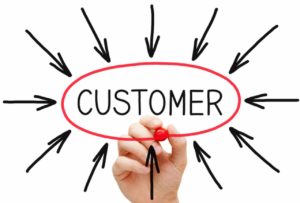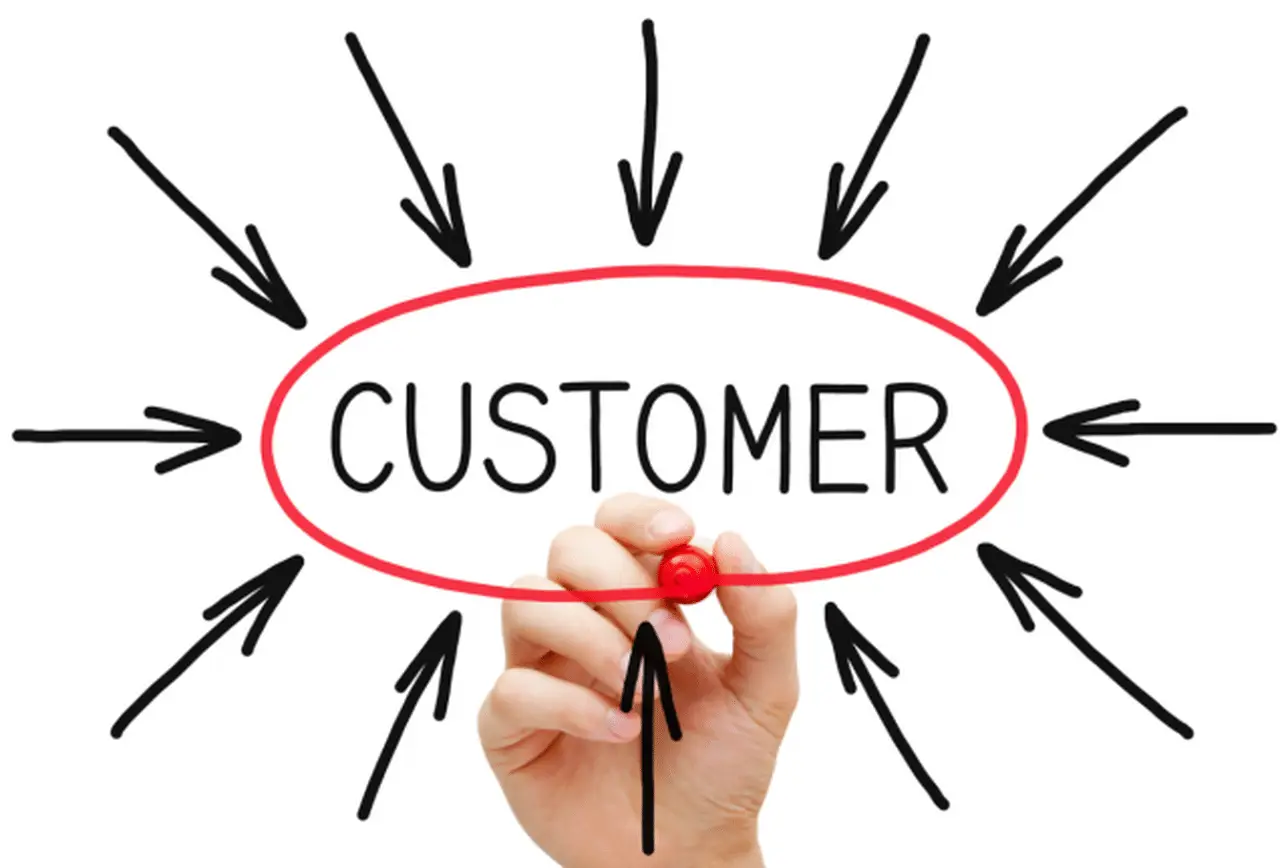 In today’s hyper-competitive business landscape, satisfying and impressing customers — both prospective and current — isn’t just important: it’s essential. In fact, a study by Walker Information concluded that by the year 2020, customer experience will be the number one brand differentiator in the minds of customers — surpassing traditional factors such as product and price.
In today’s hyper-competitive business landscape, satisfying and impressing customers — both prospective and current — isn’t just important: it’s essential. In fact, a study by Walker Information concluded that by the year 2020, customer experience will be the number one brand differentiator in the minds of customers — surpassing traditional factors such as product and price.
In other words, within a couple of years the vast majority of customers in both B2C and B2B spaces will knowingly, willingly, and happily pay more for something from a business than they could from its competitors, provided they feel as though they’re getting great service and support.
Of course, price position and value will still matter (because they’ll always matter). But leaning forward to close the gap with customers will increasingly determine whether a business will have a prosperous future — or if it will struggle to stay afloat.
In light of the above, here are 4 ways that an affordable, versatile and scalable cloud phone system helps businesses optimize customer experience:
- Cloud Service Reduces or Eliminates Hold Times
With a conventional landline on-premise PBX phone system, customers are forced to wait in a line-up until the next available rep or agent is available. The big problem here, however, is that many customers won’t wait for longer than about 30 seconds.
What’s more, many of the customers who do wait grow increasingly frustrated. And like a storm cloud full of rain, they burst their unhappiness on the rep or agent who (finally) gets to them — which makes things worse for everyone.
A cloud phone system doesn’t force customers to queue in a local PBX. Instead, it instantly routes them to any available agent or rep, regardless of where they’re located. The result is that customers spend less — or ideally, no — time on hold, and more time having their important needs addressed and solved as quickly and pleasantly as possible. Everyone wins.
- Cloud Service Quickly Routes Customers to the Right Team the First Time
As long as we’re putting together a list of things that customers hate, right next to (or perhaps ahead) lingering on hold is bouncing around from one person to another. In fact, some customers get so frustrated that they bounce right out the door — and straight to a competitor.
A cloud phone system features a built-in customizable auto attendant, which picks up calls on the first ring, professionally greets customers, and enables them to choose the team they wish to reach — e.g. sales, service, billing, and so on.
Not only does this help customers quickly connect with the team person the first time, but it makes things much more efficient for agents and reps who spend more time making customers happy, and less time (or ideally, no time) transferring them to another team.
- Cloud Service Allows Customers to Connect to Specific Employees
Many businesses — and especially small and mid-sized firms — have more people than they do available phone lines, which invariably means that some employees don’t have their own unique phone number or extension.
Or at the very least, given the high cost of adding new lines — especially if the on-site PBX is at maximum capacity and hardware changes are necessary — new hires must often wait weeks or months before they get their own phone number. While this is obviously bad news for affected employees, it’s even more frustrating for customers who may want to quickly and easily reach a certain individual (i.e. the specific sales rep they were talking with yesterday, the specific service technician that was helping them last week, etc.).
A cloud phone system ends this pain. Within seconds and with no hardware changes or upgrades, employees get a unique and dedicated phone number or extension, which they can immediately share with customers, add to their email signature, put on their business card, and so on.
What’s more, employees can easily forward incoming calls to their smartphone when they’re on-the-road or working from home. And when they call customers, their company name and number appears on caller ID — not their personal name and number.
- Cloud Service Uses Voicemail-to-Email to Improve Response Times
There are times when employees cannot easily check voicemail, such as when they’re away from their desk, when they’re on a conference call, when they’re attending a workshop, and so on. As a result, several hours pass before voicemails are picked up — which frustrates customers and can lead to lost sales and churn.
A cloud phone system features voicemail-to-email, which instantly captures voicemails in an audio file and emails it to the designated employee. As a result, they can respond quicker, or if desired, forward the audio file to a colleague to take rapid, appropriate action.
The Bottom Line
As noted by Forbes: “getting customer experience right is no longer a luxury, but a critical business priority.” A conventional landline phone system blocks this fundamental objective, while a cloud phone system enables it. It really is as simple as that!
To learn more about closing the gap with your current and future customers — while saving thousands of dollars a year on your telecommunications costs — contact the Carolina Digital Phone team today at (336) 544-4000. Your consultation with us is free.


